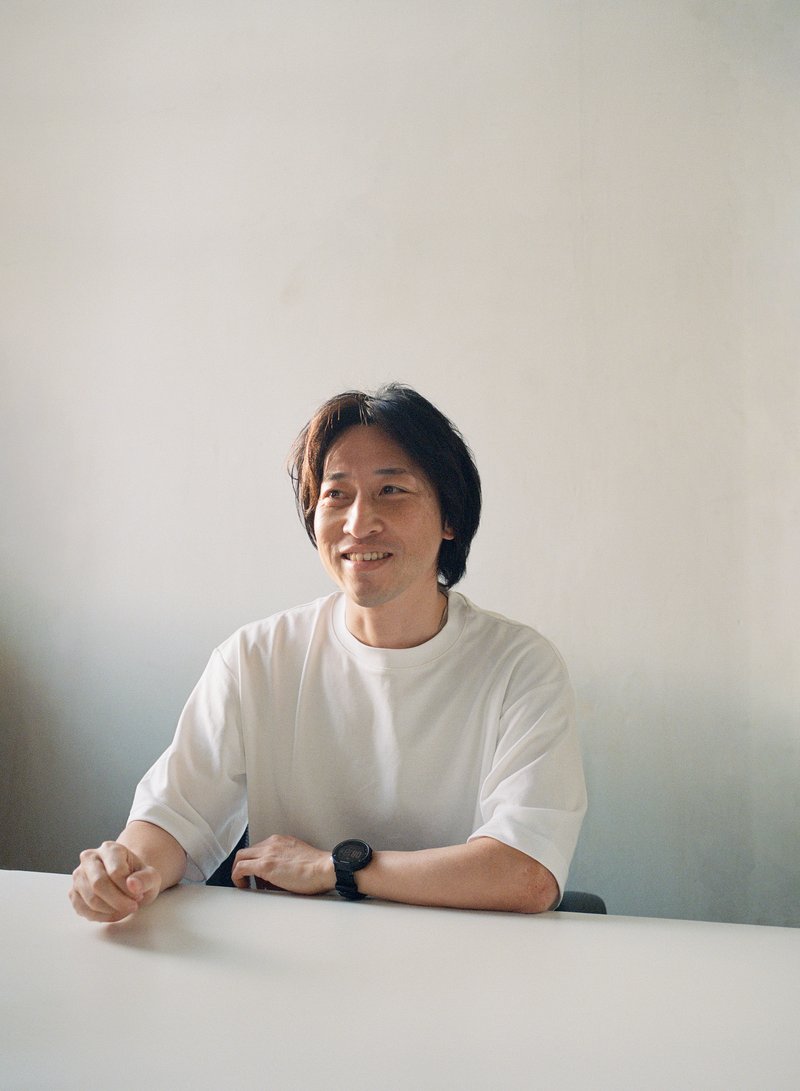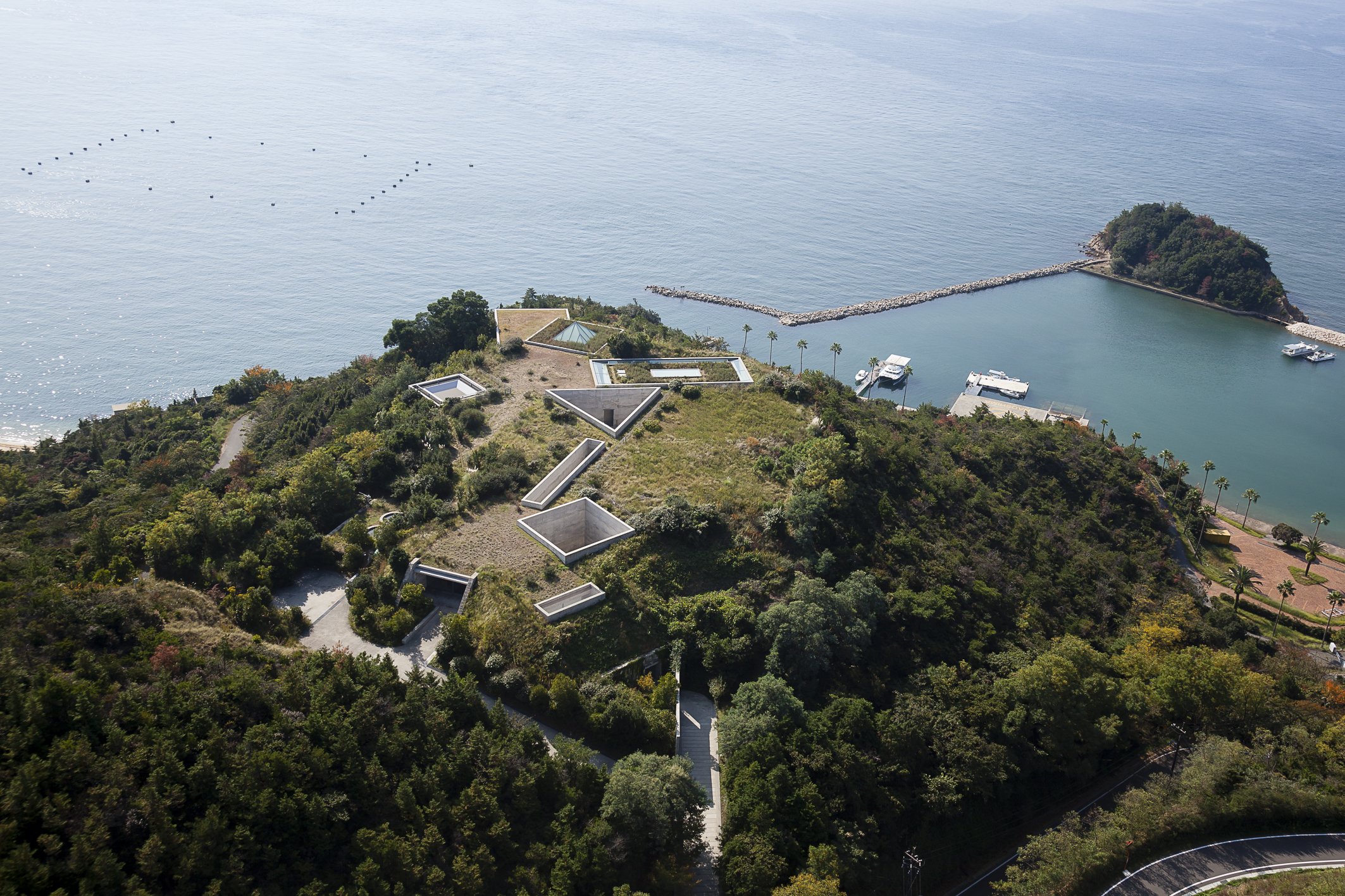Interview with Hideaki Fukutake, Vice Chairman of the Fukutake Foundation

CIMAM wishes to recognize the support of the Fukutake Foundation, a Founding Patron of CIMAM since 2000, with a conversation on its commitment to the art world.
Support for the art world can be conceived in various ways, and this year, we talked with Mr. Fukutake about the Fukutake Foundation's commitment to sustainability through the practice of its activity, a topic that CIMAM wants to deepen to know first hand and share with its community the best practices of the sector responsible with the environment, society and the economy.
Hideaki Fukutake is Vice Chairman of the Fukutake Foundation which operates Benesse Art Site Naoshima.
17 June 2022
How has your activity been affected by the climate emergency and the social and economic crises we are experiencing since the pandemic, increased in some areas of the planet by different war and racial conflicts and migration crises?
To a certain extent, these issues affect all aspects of our lives, not just art. Since our activities will take place on a physically isolated island, the impact will be relatively small.
As the pandemic has demonstrated, the world is moving at a faster pace than it did in the past. With this being the case, we would like to conduct our activities in a relaxed manner that, in a positive sense, allows us to stay behind the times.
What environmental policies do you apply in your professional activity that you would like to share with CIMAM members?
It is essential that we give the utmost consideration to environmental issues. On the other hand, it is crucial to think not only about environmental conservation and protection but also about creating new environments for humankind. To that end, the issue of education is becoming more vital.
We provide environmental education as an art, artistic, and cultural activity in collaboration with educational facilities, including preschools. In addition, we are also collaborating with nursing homes, prisons, and other institutions in the broader society—grants not only to educational institutions but also to welfare institutions and organizations related to welfare.
How do you think art and artistic thinking can contribute to the search for creative strategies to solve different types of conflicts (climate, social and economic)?
Art and artistic thinking are more suited to presenting a way of looking at conflicts themselves rather than as a means of resolving conflicts.
It's important to think about how to solve issues, but there also needs to be a sense of meaninglessness and objectivity toward them.
This will make our work less linear but more meaningful to humanity in the long run. That's what art will be about.
How can the museum be a gathering place to debate and reflect on the contexts and realities that affect society and the environment? How important are these aspects within your institution's education and public programming?
It could, and it should be.
It doesn't even have to be the museum itself that serves this purpose. For example, the museum could collaborate with industries with which it has no direct links in various ways. In doing so, the museum will become a hub for society. However, it is important that things don't become too academic, as conventional museum education/programs can be somewhat intrusive.
To make sure this isn't the case, the museum needs to be flexible enough for people to view the museum itself as a piece of art.
Art tours by local residents, English-language art commentary by children from the island, and a progressive, Visual Thinking Strategy are some of the initiatives being carried out on Naoshima together in collaboration with the local government.
How can you, or your institution, contribute to improving the local, national or international scenario in which your activity is articulated regarding social, economic, or environmental sustainability?
The fact that work is sustainable is the most important theme when it comes to cultural projects, so that's what we are working on.
Our activities concentrate on serving the regions and communities we are directly involved with, and we are purposefully distancing ourselves from international perspectives. How can we ensure the sustainability of the area within our immediate reach, or in our case, and in our case, how can we ensure the sustainability of each island where we carry out our work?
We are conscious of taking a global and progressive approach to local and practical regional issues.
To that effect, we plan to collaborate with world-class artists with local residents and take progressive measures, such as Augmented Ecosystems, to address local food issues.

Thank you, Hideaki! We are grateful for Fukutake Foundation’s ongoing commitment to CIMAM, and its current work in the world of Contemporary Art and Sustainability in museums.
→ You can find more information about Benesse Art Site Naoshima here